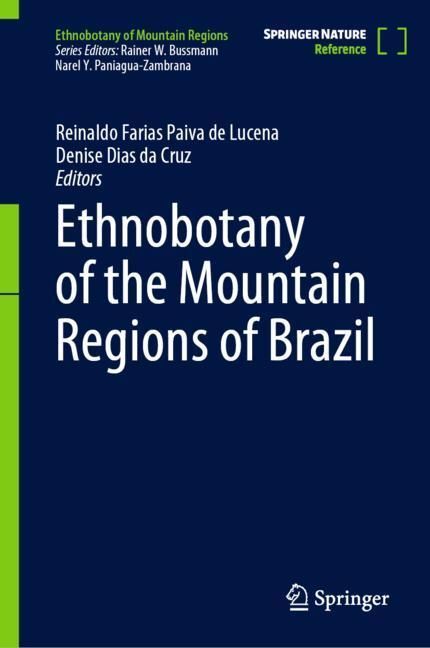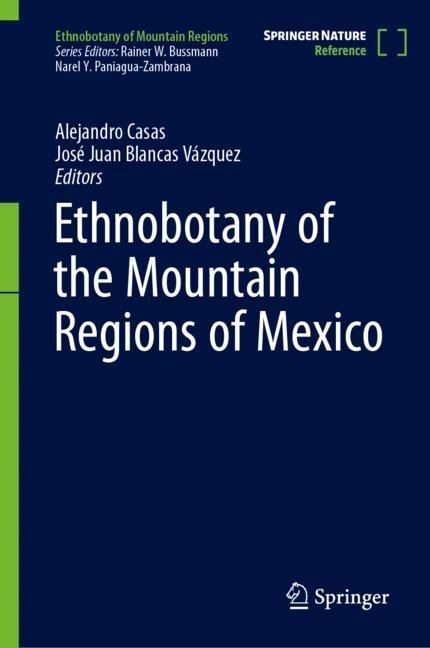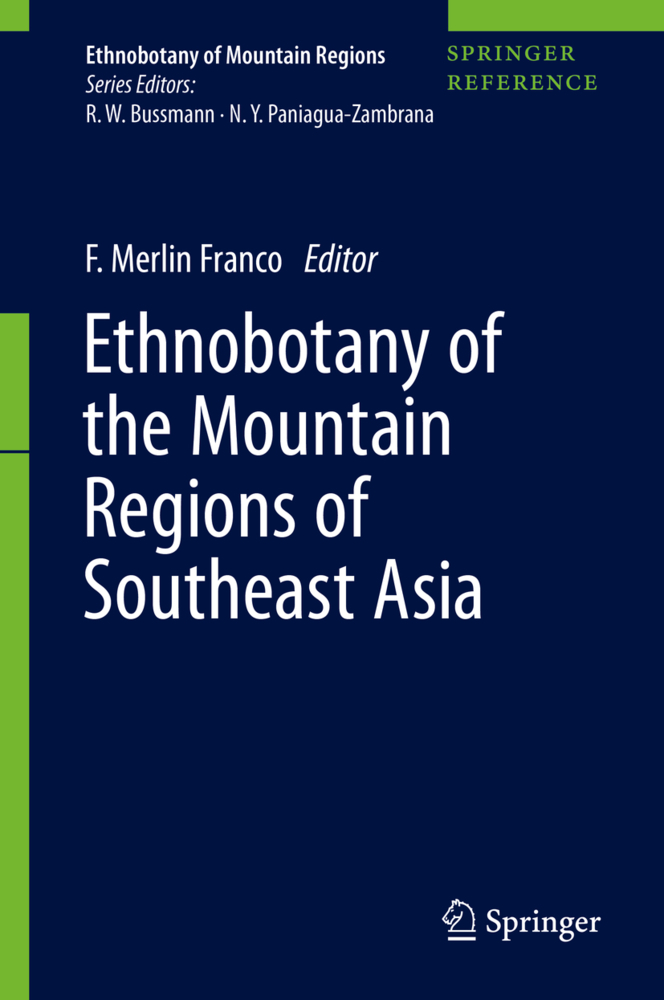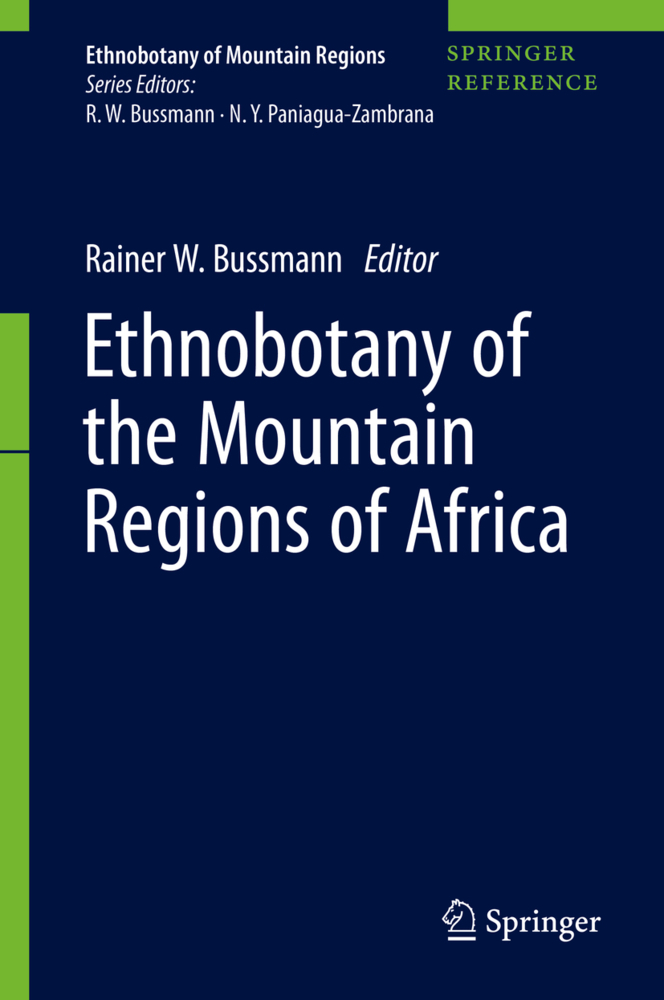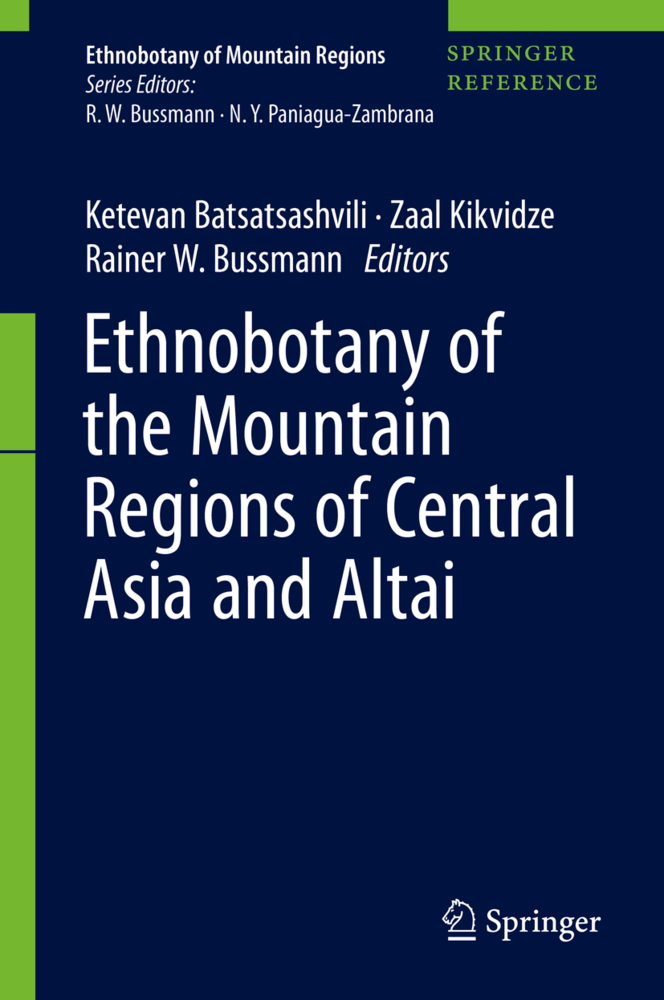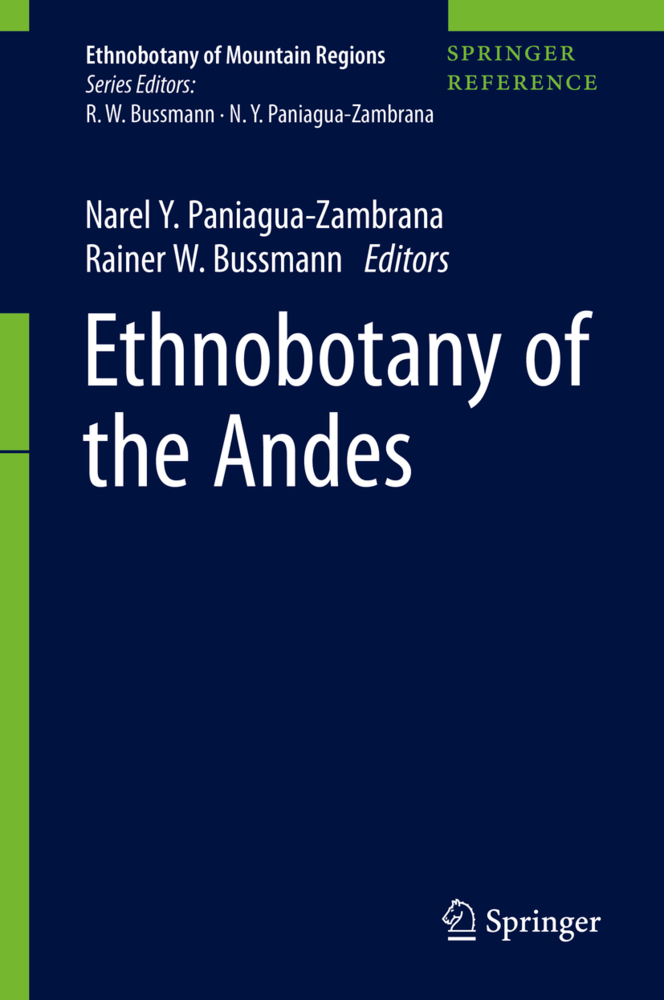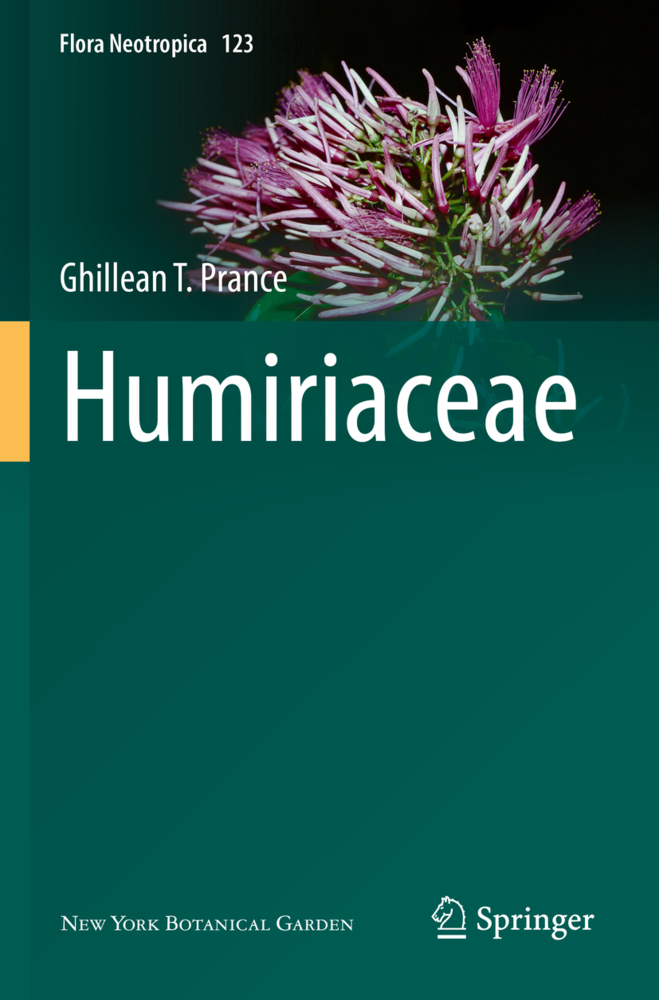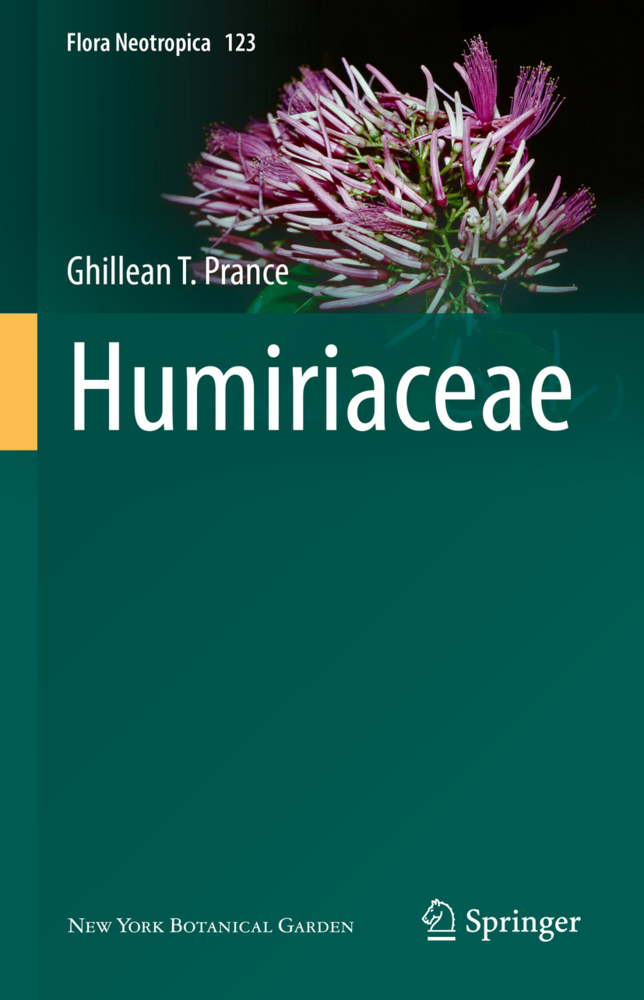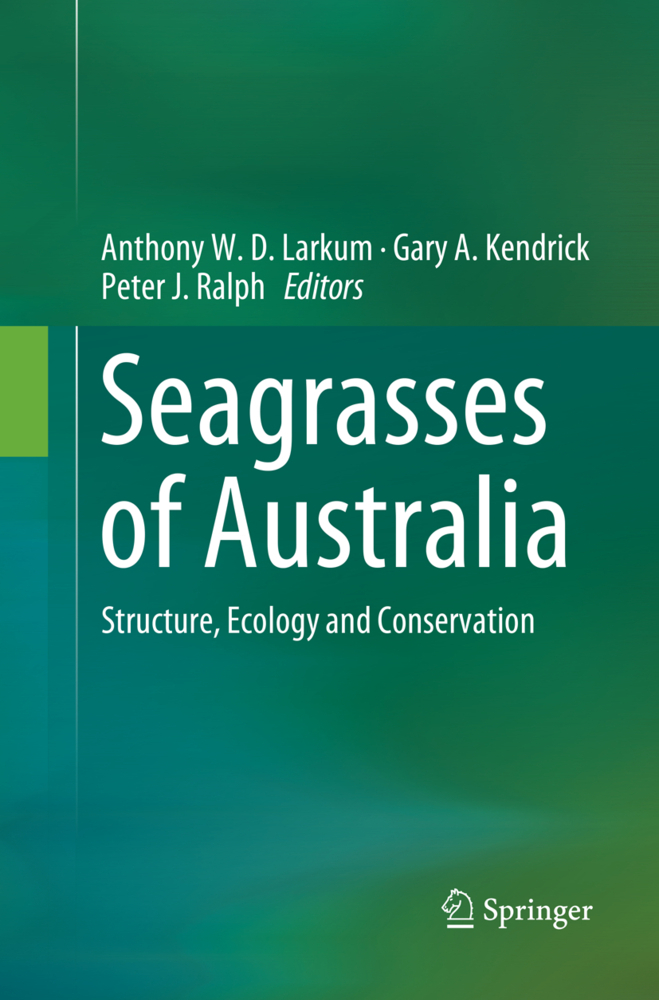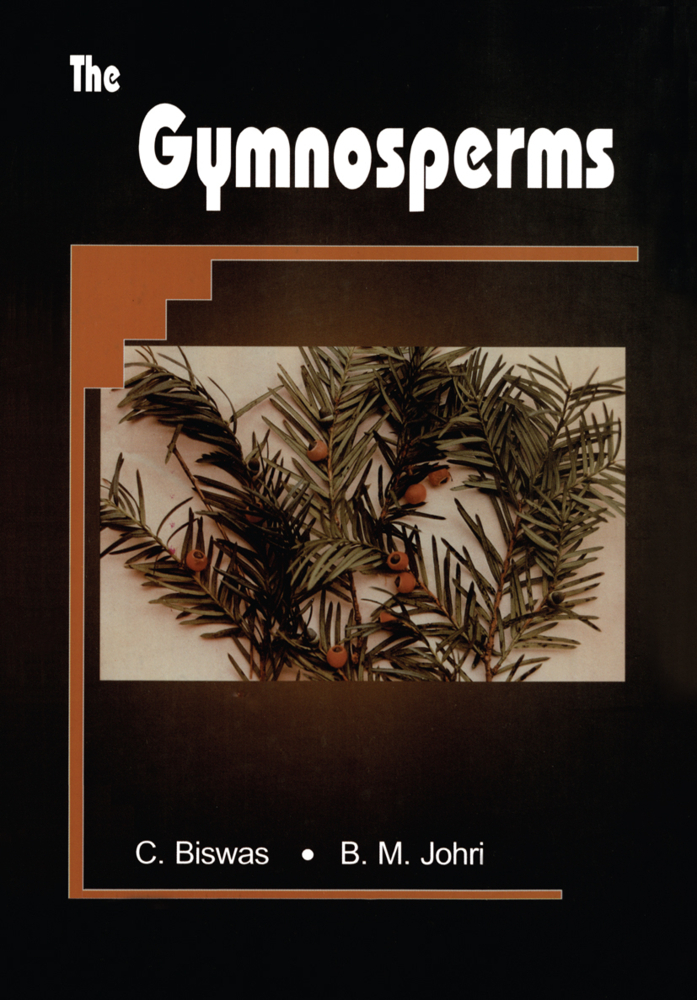Ethnobotany of the Mountain Regions of Brazil
Ethnobotany of the Mountain Regions of Brazil
Research in recent years has increasingly shifted away from purely academic research, and into applied aspects of the discipline, including climate change research, conservation, and sustainable development. It has by now widely been recognized that "traditional" knowledge is always in flux and adapting to a quickly changing environment. Trends of globalization, especially the globalization of plant markets, have greatly influenced how plant resources are managed nowadays. While ethnobotanical studies are now available from many regions of the world, no comprehensive encyclopedic series focusing on the worlds mountain regions is available in the market. Scholars in plant sciences worldwide will be interested in this website and its dynamic content.
The field (and thus the market) of ethnobotany and ethnopharmacology has grown considerably in recent years. Student interest is on the rise, attendance at professional conferences has grown steadily, and the number of professionals calling themselves ethnobotanists has increased significantly (the various societies (Society for Economic Botany, International Society of Ethnopharmacology, Society of Ethnobiology, International Society for Ethnobiology, and many regional and national societies in the field currently have thousands of members). Growth has been most robust in BRIC countries.
The objective of this new MRW on Ethnobotany of Mountain Regions is to take advantage of the increasing international interest and scholarship in the field of mountain research. We anticipate including the best and latest research on a full range of descriptive, methodological, theoretical, and applied research on the most important plants for each region. Each contribution will be scientifically rigorous and contribute to the overall field of study.
Part I Regions: Caatinga Ecosystem: A Geo-environmental and Human Perspective;- Part II: Plant Uses and and Ecosystems: What Sociocultural Factors Most Influence Knowledge and Use of Food Plants? A Qualitative Review;- Use of Wood by Local Populations in the Caatinga - Ne Do Brasil Ecosystem and Changes in the Landscape;- Environmental Factors Modulate Plant Selection by Local Human Populations in Dry Tropical Forests;- Traditional Knowledge Management Framework (TKMF) of Pesticide Plants in Rural Communities in the State of Piauí, Northeastern Brazil;- Brazilian Endemic Cacti and Their Potential as an Alternative to Commercial Hydrocolloids;- Cactus Snacks and Cookies: Unconventional Food Plants in Baking Processes;- Ethnobotanical Uses and Anatomical Structure of Medicinal Plants of the Caatinga;- Part III: Plant Profiles: Acanthospermum hispidum DC. Asteraceae;- Agave sisalana Perrine Agavaceae;- Amaranthus cruentus L.Amaranthaceae;- etc.
The field (and thus the market) of ethnobotany and ethnopharmacology has grown considerably in recent years. Student interest is on the rise, attendance at professional conferences has grown steadily, and the number of professionals calling themselves ethnobotanists has increased significantly (the various societies (Society for Economic Botany, International Society of Ethnopharmacology, Society of Ethnobiology, International Society for Ethnobiology, and many regional and national societies in the field currently have thousands of members). Growth has been most robust in BRIC countries.
The objective of this new MRW on Ethnobotany of Mountain Regions is to take advantage of the increasing international interest and scholarship in the field of mountain research. We anticipate including the best and latest research on a full range of descriptive, methodological, theoretical, and applied research on the most important plants for each region. Each contribution will be scientifically rigorous and contribute to the overall field of study.
Part I Regions: Caatinga Ecosystem: A Geo-environmental and Human Perspective;- Part II: Plant Uses and and Ecosystems: What Sociocultural Factors Most Influence Knowledge and Use of Food Plants? A Qualitative Review;- Use of Wood by Local Populations in the Caatinga - Ne Do Brasil Ecosystem and Changes in the Landscape;- Environmental Factors Modulate Plant Selection by Local Human Populations in Dry Tropical Forests;- Traditional Knowledge Management Framework (TKMF) of Pesticide Plants in Rural Communities in the State of Piauí, Northeastern Brazil;- Brazilian Endemic Cacti and Their Potential as an Alternative to Commercial Hydrocolloids;- Cactus Snacks and Cookies: Unconventional Food Plants in Baking Processes;- Ethnobotanical Uses and Anatomical Structure of Medicinal Plants of the Caatinga;- Part III: Plant Profiles: Acanthospermum hispidum DC. Asteraceae;- Agave sisalana Perrine Agavaceae;- Amaranthus cruentus L.Amaranthaceae;- etc.
Farias Paiva de Lucena, Reinaldo
Dias da Cruz, Denise
| ISBN | 978-3-030-87250-2 |
|---|---|
| Medientyp | Buch |
| Auflage | 1st ed. 2023 |
| Copyrightjahr | 2023 |
| Verlag | Springer, Berlin |
| Umfang | XXVIII, 796 Seiten |
| Sprache | Englisch |

